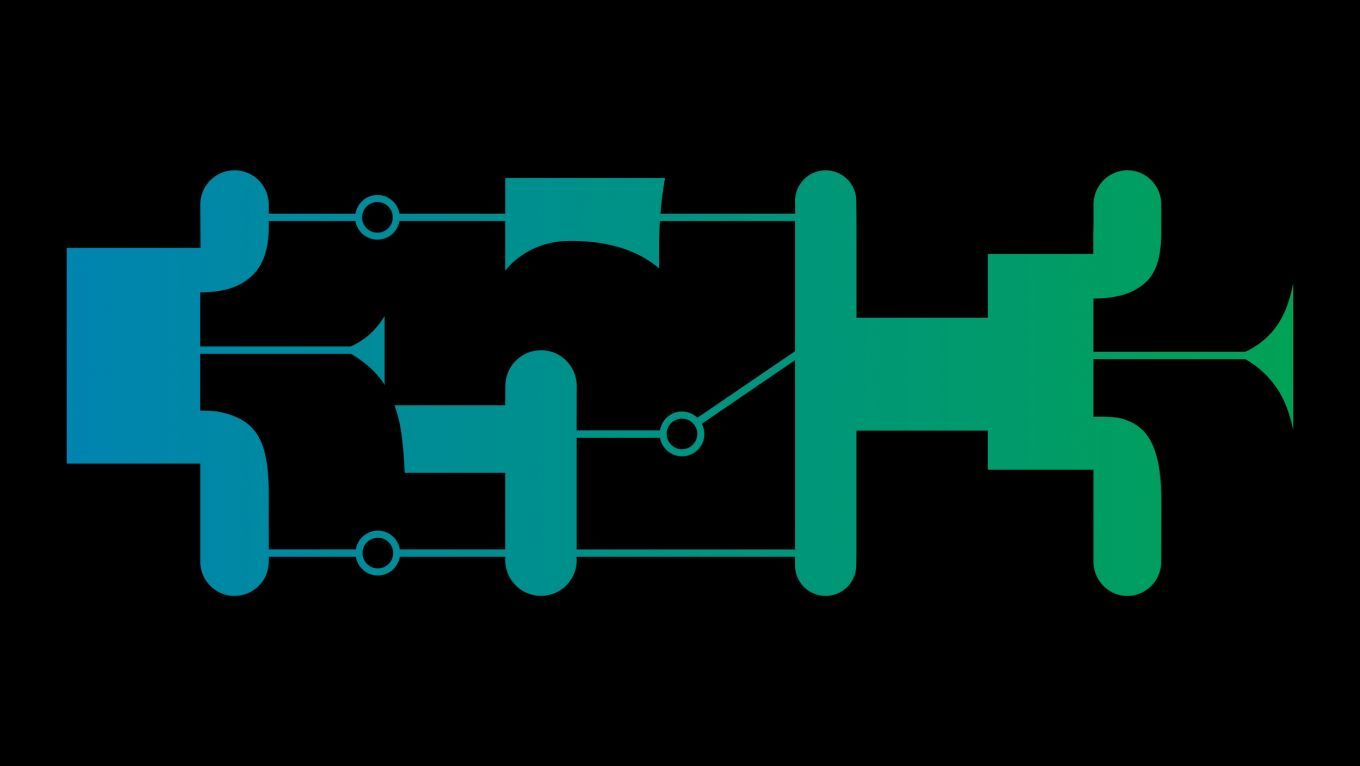Ethics, Society & Politics
Election Cybersecurity Progress Report
Will the U.S. be ready for 2020?
Recent attacks against elections in the U.S. and Europe demonstrate that nation-state attackers are becoming more aggressive, even as campaigning and voting are becoming increasingly reliant on computers. How much has changed since 2016, when the U.S. experienced unprecedented attacks on its election infrastructure? What has to happen to ensure that the 2020 presidential election is secure? In this talk, I'll give a progress report on election security in the U.S. and around the world, informed by results from my own research and my work with legislators and election officials over the past two years. I'll also hold a mock election with a current U.S. voting machine to demonstrate how cyberattacks on election infrastructure could potentially change the results of national elections. Finally, I'll explain what everyone can do to get involved and help safeguard the foundations of democracy.
Strengthening election cybersecurity is essential for safeguarding democracy. For over 15 years, I and other computer scientists have been warning about the vulnerable state of election security, but attacks against recent elections in the U.S. and Europe demonstrate that sophisticated attackers are becoming more aggressive, even as campaigning and voting become increasingly reliant on computers.
Since 2016, I’ve been working with election officials and members of congress to strengthen election cybersecurity. In this talk, I’ll give a progress report about what’s happened since then and what still needs to happen to secure future elections. While many U.S. states have made progress at securing some aspects of their election infrastructure, and Congress provided $380M in new funding to the strengthen elections, significant vulnerabilities remain that put the integrity of future elections at risk. To demonstrate the ongoing threat, I’ll hold a mock election on stage with a real U.S. voting machine still used in 18 states, and show how remote attacks could potentially affect the outcome of a close national contest.
Finally, I’ll explain how defenses developed by researchers over the past decade could provide practical and cost-effective safeguards. Unfortunately, they have yet to be widely deployed due to a lack of resources and political leadership. I’ll describe legislative efforts in the U.S. and other countries that could, if successful, go a long way to making elections secure. I’ll also explain what technologists and other concerned humans can do to help secure elections at all levels.
Additional information
| Type | lecture |
|---|---|
| Language | English |
More sessions
| 12/27/18 |
Restricting access to knowledge and science is not beneficial for society. So why are scientific results still locked up behind paywalls? Even though the answer to this question is enlightening, the story is quickly told. Much more important is the knowledge on how to change this.
|
| 12/27/18 |
The combination of the ongoing technological revolution, globalisation and what are usually called 'neo-liberal' economic policies has generated a global system of rentier capitalism in which property rights have supplanted free market principles and in which a new global class structure has taken shape. The 20th century income distribution system has broken down irretrievably, and a new mass class, the precariat has been growing dramatically fast in every part of the world. What are the deeper ...
|
| 12/27/18 |
Die AfD-Bundestagsfraktion wird in der Öffentlichkeit vor allem mit ihren rassistischen Positionen wahrgenommen – mit ihren netzpolitischen Aktivitäten bleibt sie zumeist unter dem Radar. Dieser Talk zeigt, wie die AfD-Fraktion die Netzpolitik dennoch als vermeintlich neutrales Thema nutzt, um für ihre rechtsextreme Partei eine parlamentarische und gesellschaftliche Normalisierung herzustellen.
|
| 12/27/18 |
The Chinese Social Credit System (SCS) has been discussed a lot in Western media. However, we do not know currently how the system that is supposed to take nationwide effect by 2020 will look like, as there are more than 70 pilot projects currently undertaken. These pilots rank from commercial royalty and rewards programs (Sesame Credit) to an Orwellian system, where each action has a predetermined associated score (Rongcheng). In-between, there’s nebulous algorithmic systems that basically ...
|
| 12/27/18 |
Die EU-Grenzagentur Frontex nimmt eine Reihe neuer Überwachungsmethoden im Mittelmeer in Betrieb. Die Fähigkeiten zur Beobachtung des sogenannten Grenzvorbereichs gehören zum Grenzüberwachungssystem EUROSUR, das die Europäische Union vor fünf Jahren gestartet hat.
|
| 12/27/18 |
Der Datenschutz ist als erst relativ frisch erkämpftes Abwehrrecht von Bürgern gegen Firmen und Staat ein wichtiges, aber häufig missverstandenes Rechtsgebiet. Zuletzt ist es durch die Grundverordnung auf europäischer Ebene in den Blick der Netzöffentlichkeit geraten. Dieser Vortrag soll einen niedrigschwelligen Einstieg in den Datenschutz geben und aus Perspektive einer Datenschützerin mit zehnjähriger Erfahrung im Gebiet die aufregenden Aspekte und Herausforderungen aufzeigen, dem ...
|
| 12/27/18 |
Als Organisation für Menschenrechtsbeobachtungen geben wir Euch einen Überblick der aktuellen Entwicklungen an der EU-Außengrenze auf dem Mittelmeer.
|

